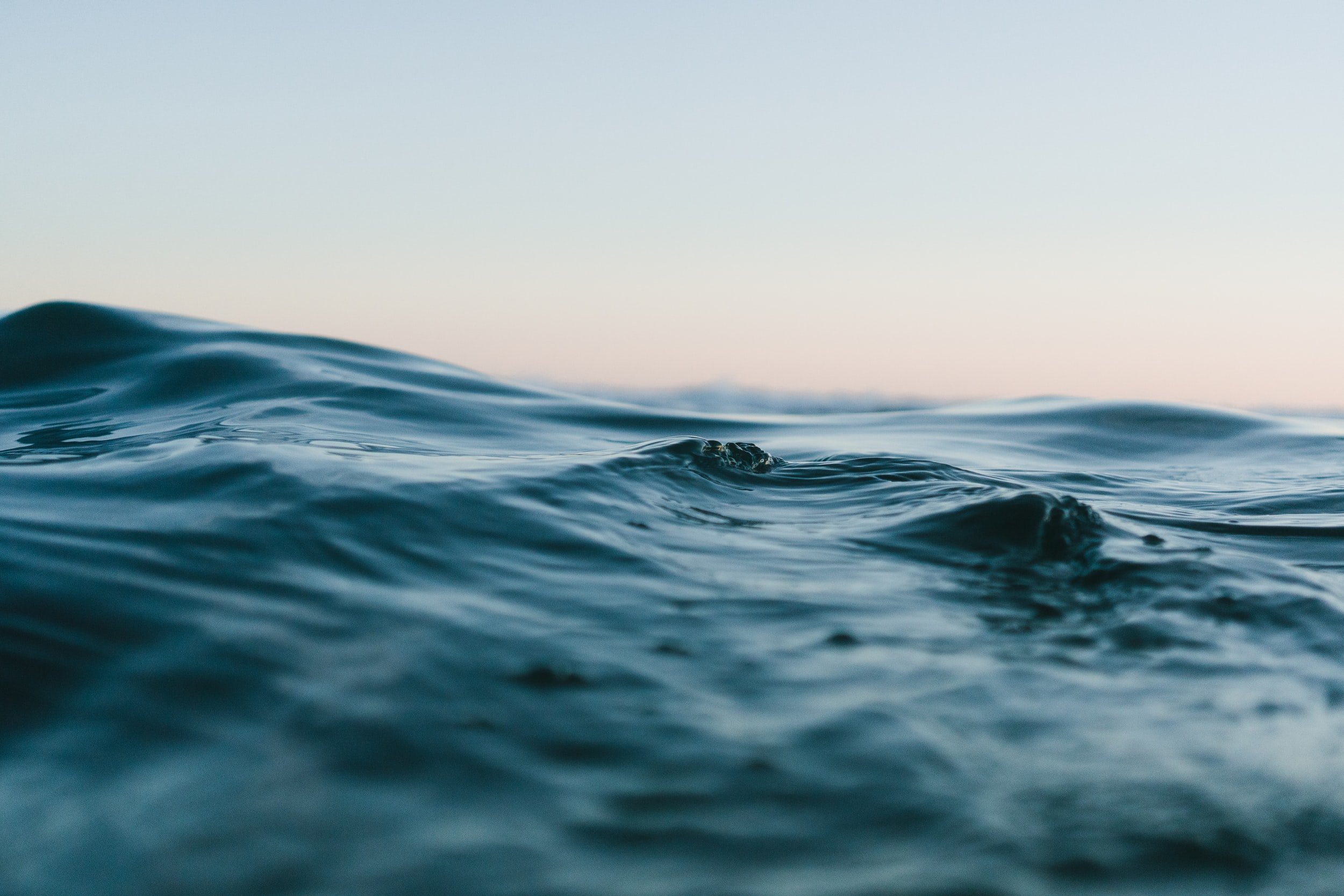
Indigenous-led science collaborations toward a productive ocean:
A New Zealand case study
In the Bay of Plenty on New Zealand’s east coast, Iwi (Maori tribe) have built relationships with scientists through the Moana Project, a large ocean research endeavour involving more than 50 researchers from 14 New Zealand and international organisations (www.moanaproject.org). The project is using a mixture of ocean modelling and genetics and microchemistry to determine the source of the greenlip mussel larvae that is outgrown on the lucrative iwi-owned farms in the region.
The Moana Project has partnered with Whakatōhea (a Maori Tribe) incorporating traditional knowledge within research activities and outputs as Whakatōhea develops an open ocean aquaculture farming operation (https://openocean.co.nz/). Whakatōhea are also part of a multi-iwi initiative to develop smart Māori aquaculture (https://smartmaoriaquaculture.co.nz/) through collective investment in research, innovation and commercial ventures.
This recording from May 2022 presents collaborations between science and indigenous communities which supports the ocean decade vision of sharing learnings around how ocean research can interact with stakeholder indigenous communities for sustainable management of coastal resources.
The above recording will be of interest to indigenous peoples involved in ocean economies, policy-makers, and researchers who are keen to learn from a real example of how research and indigenous communities can work together to further an indigenous agenda.

